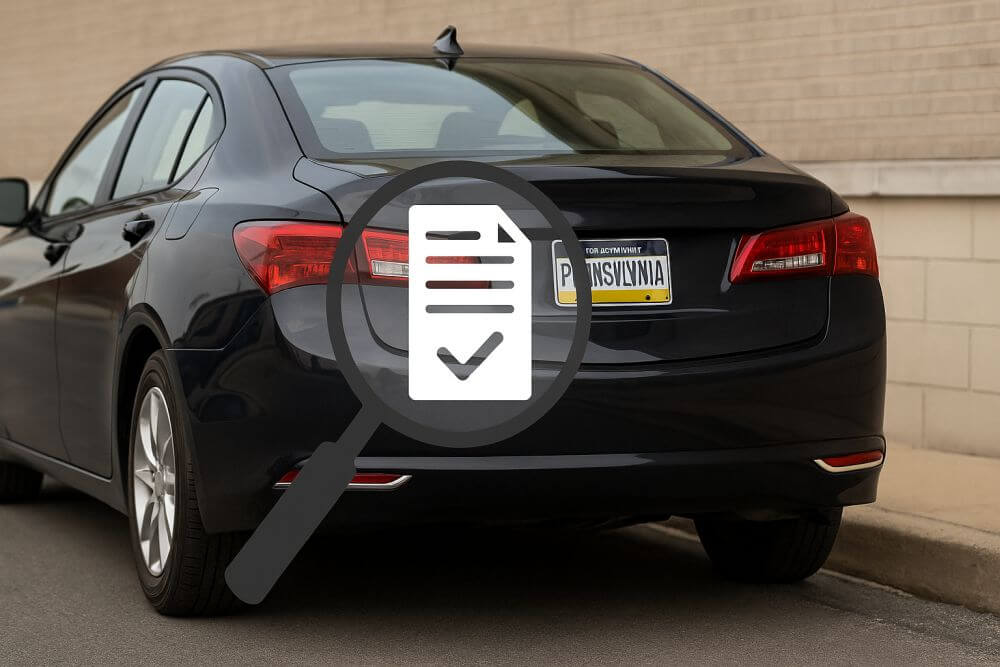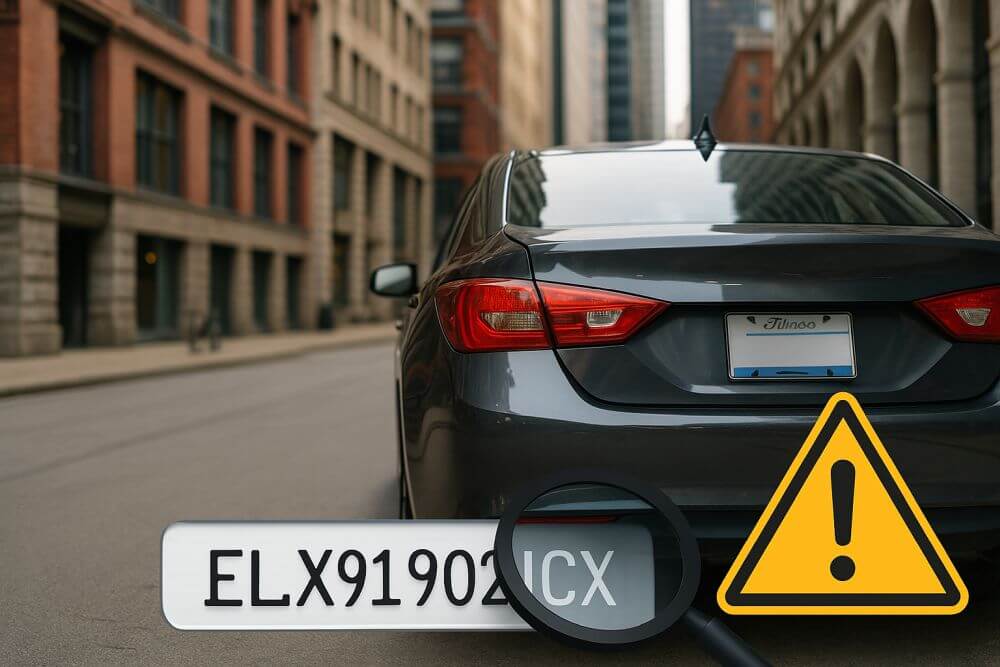When a used car transfers title from one person to another, every state requires you to fill out some type of odometer disclosure statement. Here is what you need to know about this important document.
What Is An Odometer Statement?
Have you ever wondered how a free car VIN check report can give you information about a car’s odometer readings or how it can discover odometer tampering and fraud? Odometer disclosure statements are the main way. A federal law known as the Truth in Mileage Act requires that all sale of a motor vehicle (with a few exceptions) to provide an odometer reading at the time the title is transferred. While the paperwork for this varies from state to state, it all works towards the same purpose: helping buyers to recognize the condition that the car is in.
What Is In An Odometer Reading?
Simply put, the odometer keeps track of how many miles a car has driven over the course of its lifetime. But why is this important? Just like anything else, cars – or more specifically the parts they are made up of – will wear out with use. This is why your mechanic likely has a recommendation to do work like replacing your oil every 3,000 miles and replacing your brake pads every 60,000. The more miles a car has under its belt, the more likely there is something that will need to be replaced. And as anyone knows, car repairs do not come cheap!
Of course, that is not to say that all high mileage vehicles are a bad buy. Well-maintained vehicles can do quite well even with higher mileage readings. But if those numbers on the dash are on the higher end, you should definitely look into getting a second opinion as to the condition of the car, whether that be by a visit to your local mechanic or combing through a free vehicle history report.
How Having an Odometer Disclosure Statement Helps You
The biggest way that an odometer disclosure statement helps you as a buyer is that it is a permanent record of what the odometer reading was on the car at a specific time. This means that when you access a vehicle history report, you will be able to see what those readings were. If a reading seems out of place – as in drops significantly from the previous number or increases more than would be expected given the time frame between the dates – it might be worth investigating. These could be signs that the car was driven excessively or of odometer tampering.
A free vehicle history report will also give you information about whether or not the car had ever been reported as having odometer tampering. Unfortunately, if the odometer was ever tampered with, then it is impossible to know the mileage on the car. It may also leave you to wonder what else had been done to the car.
An odometer disclosure statement is yet another way that you can look into a used car’s history and find out whether or not it would be a good by for you.


